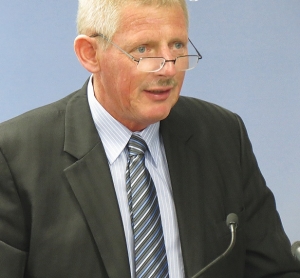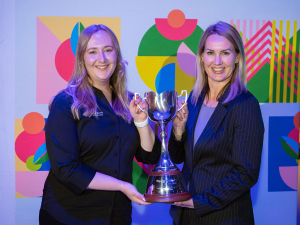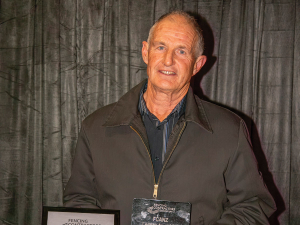Speaking to Rural News last week at Feds dairy council meeting in Wellington, Leferink predicted further expansion of the dairy industry and more intensification on farms.
Long term growth will come from doing things better onfarm and from dairy companies focusing on producing value added products, he says.
“New technology will provide us with new ways to feed our cows and produce better cows and better systems, and we’ll have smarter staff and all those factors will contribute to improved productivity.
“I am into precision irrigation and I know other farms using precision agriculture to spread fertiliser and they had a 35% reduction in the first year. There are new technologies emerging [that will direct us] to put urea between effluent spots.”
Leferink says plenty of smart ways exist to improve onfarm profitability. Every so often farmers need to take time out to review their operations and see if there are different or better ways to do things.
“Public perception is always a pressure in the background; it’s always been there and always will be. At the moment it’s all about the environment, but it will slowly cross over to animal welfare.
“Three or four years ago effluent disposal was a huge issue, but we hardly talk about stock in water now; it is all about nutrient discharges. The field is changing, but the public pressure has always been there.”
Leferink says farmers must get away from the ambulance-at-the-bottom-of-the-cliff approach to dealing with issues.
“We have to create headroom to get a space where we negotiate our own outcomes rather than somebody telling us what the outcomes should be for us.”
Leferink believes the industry is in good heart and is pleased with the way the collaborative processes are working. He hopes politicians, scientists and environmentalists will stop throwing rocks at dairy farmers and work positively with them.
And for critics who say milk powder is a low value product and easy to make he says “have a go at making some in your kitchen”.

















